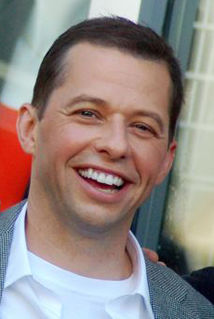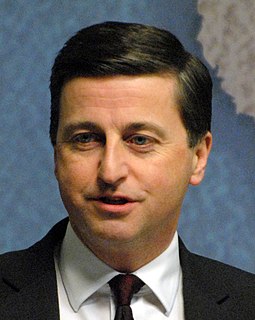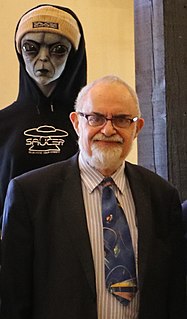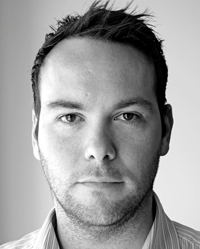Top 1200 Information Technology Quotes & Sayings - Page 16
Explore popular Information Technology quotes.
Last updated on November 15, 2024.
We must ask whether our machine technology makes us proof against all those destructive forces which plagued Roman society and ultimately wrecked Roman civilization. Our reliance - an almost religious reliance - upon the power of science and technology to forever ensure the progress of our society, might blind us to some very real problems which cannot be solved by science and technology.
You can't just stop technological progress. Even if one country stops researching artificial intelligence, some other countries will continue to do it. The real question is what to do with the technology. You can use exactly the same technology for very different social and political purposes. So I think people shouldn't be focused on the question of how to stop technological progress because this is impossible. Instead the question should be what kind of usage to make of the new technology. And here we still have quite a lot of power to influence the direction it's taking.
I think that because of YouTube, because of MySpace, because of the digital domain that we have on the Internet, the younger generation is much more open to information. I think it's so much easier for them to gain information and trade information, and they have become more aware. In some cases, more aware than their own parents and adults, as to what's going on in the world. I find that really intriguing and interesting, and I think there is a brewing of a whole new generation of activists coming.
The information glut has become a ruling cliche. As all resources - from energy to information - become more abundant, the presure of economic scarcity falls ever more heavily on one key residual, and that single shortage looms ever more stringent and controlling. The governing scarcity of the information economy is time: the shards of a second, the hours in a day, the years in a life, the latency of memory, the delay in aluminum wires, the time to market, the time to metastasis, the time to retirement.
The technologies that will be most successful will resonate with human behaviour instead of working against it. In fact, to solve the problems of delivering and assimilating new technology into the workplace, we must look to the way humans act and react. In the last 20 years, US industry has invested more than $1 trillion in technology, but has realised little improvement in the efficiency of its knowledge workers and virtually none in their effectiveness. If we could solve the problems of the assimilation of new technology, the potential would be enormous.
Abstract: Careful review of a vast array of relevant evidence clearly leads to the conclusion that some unidentified flying objects are intelligently controlled vehicles whose origin is outside our solar system. All the arguments against the extraterrestrial origin seem to be based upon false reasoning, misrepresentation of evidence, neglect of relevant information, ignorance of relevant technology, or pseudo sophisticated assumptions about alien appearance, motivation, or government secrecy...
Traditional people of Indian nations have interpreted the two roads that face the light-skinned race as the road to technology and the road to spirituality. We feel that the road to technology.... has led modern society to a damaged and seared earth. Could it be that the road to technology represents a rush to destruction, and that the road to spirituality represents the slower path that the traditional native people have traveled and are now seeking again? The earth is not scorched on this trail. The grass is still growing there.


























































